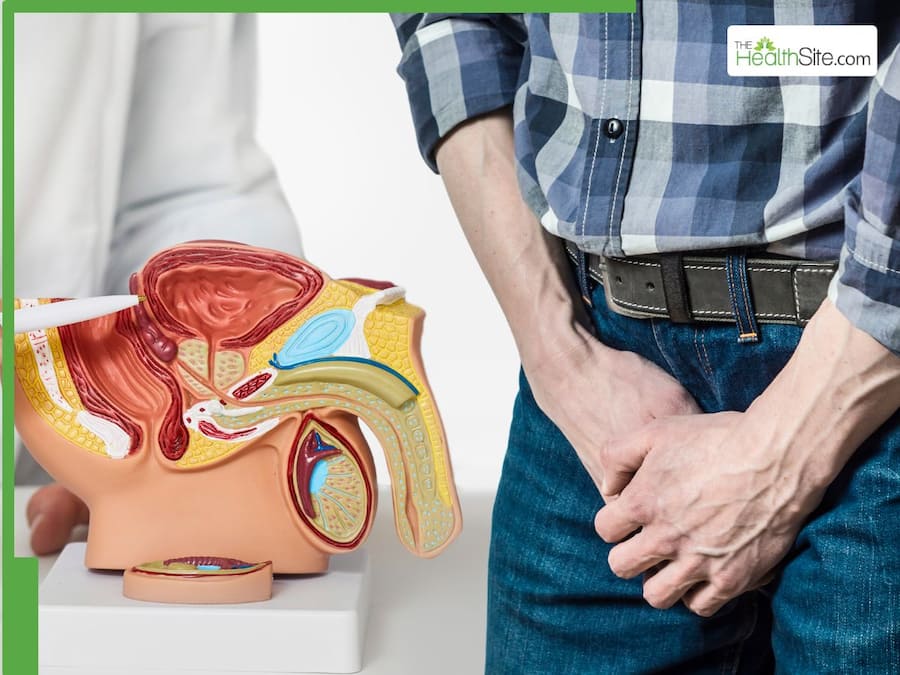Benign Prostatic Hyperplasia (BPH) is a common condition that affects many men as they age, causing the prostate to enlarge and potentially leading to uncomfortable urinary symptoms.

Benign Prostatic Hyperplasia, or BPH, is another term used for an enlarged prostate which affects urination for most men as they age. It is a non-cancerous growth of the prostate gland that can significantly reduce the quality of life and lead to conditions like frequent urination, pain in urination, discomfort in the lower abdomen, and a feeling of incomplete urination. While not all men suffer from this condition, some cases of BPH, if left untreated, could lead to damage of the bladder or even an inability to pass urine at all.
The treatment options for BPH often depend on the seriousness of the symptoms. The main treatments are medication, either in pain relief or reducing the prostate size; other minimally invasive procedures such as water vapour therapy; and surgical intervention, including a procedure known as prostatectomy. Water vapour therapy is a new and minimally invasive procedure which uses steam that help reduce the tissue of the prostate, offering faster relief.
5 Effective Lifestyle Changes to Manage Benign Prostatic Hyperplasia
Lifestyle changes, apart from medical treatments, help in reducing the symptoms caused by BPH and improve the overall well-being of a patient:
Dietary Change
A diet that includes high fiber with fruits, vegetables, and whole grains may help control bowel movements and reduce pressure inside the prostate. Low salt consumption, less alcohol, and less caffeine may also reduce irritation to the bladder.
Fluid Intake
The restriction of fluid intake, particularly in the evening may reduce urination at night. However, hydration should not be compromised to prevent other such complications such as urinary tract infections.
Physical Activity
Exercise and physical activity improve blood flow and circulation. This may decrease some of the symptoms of BPH. A patient with BPH always consult their doctor before starting any exercise or physical activity program.
Bladder Training
Training to delay urination and prolong the gap between bathroom visits can help to strengthen bladder control as well as decrease the urgency of urination.
Stress Management
Stress can aggravate the symptoms of BPH. With yoga and meditation, the pelvic muscles can be relaxed, and urinary frequency can be lowered.
Although symptoms might reduce with lifestyle changes, they do not offer a cure for BPH. It is necessary to seek appropriate expert consultation for diagnosis and discuss the proper treatment like medication or water vapour therapy, Early intervention can help prevent complications and improve the quality of life.

Leave a Reply